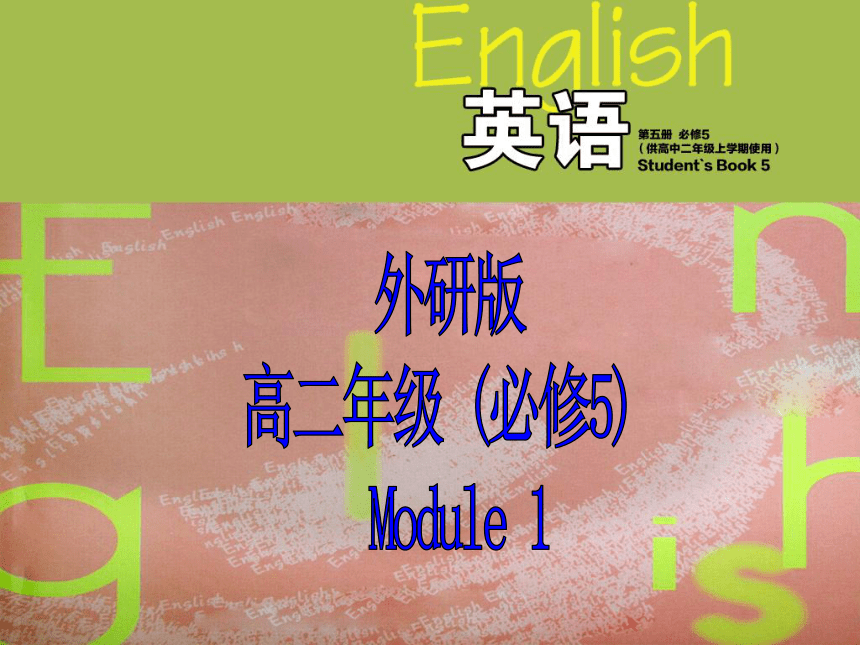(
课件网) 1. Review of verb forms 2. To review the use of the present simple tense, the present continuous tense, the present perfect tense and the future simple tense 3. To review the use of for or since with present perfect tense Both of them think they’re on the first floor, but they are on different floors. I’m an American. I’m an English. Look at the picture below and figure out their problem. Choose the British and American words and phrases. apartment autumn elevator fall first floor flashlight flat garbage ground floor gas holiday lift stand in line lorry pavement petrol queue up rubbish sidewalk torch truck vacation British English American English flat apartment autumn fall lift elevator ground floor first floor torch flashlight Keys: British English American English rubbish garbage petrol gas holiday vacation queue up stand in line lorry truck pavement sidewalk Rewrite the sentences using British words. 1. We really like going on vacation in the fall. We like going on holiday in the autumn very much. 2. You don’t need to take the elevator. Our apartment is on the first floor. You don’t need to use the lift. Our flat is on the ground floor. 3. Did you see that truck come out of the gas station Did you see that lorry come out of the petrol station 4. Pass me a flashlight, Eddie. I’ve lost my wallet. Pass me a torch, Eddie. I’ve lost my wallet. Complete the sentences with the correct form of the verbs. All languages _____ over a period of time. English _____ very rapidly. How many people _____ Chinese I _____ American English is very different from British English. change develop speak think watch grow study change is developing speak don’t think 5. Millions of people _____ satellite TV every day. 6. The percentage of non-English web pages _____. 7. What languages _____ people _____ in China 8. What _____ you _____ this year watch is growing do study are studying change develop speak think watch grow study 一、一般现在时 1. 表示习惯性的动作,常与always, never, every day, often, sometimes等连用。 e.g. The postman always _____ (call) at 7:30. calls 2. 表示主语的特征、性格或能力。 e.g. Ellen is an honest girl, and you can trust her. Jack _____ (write) good English but does not speak well. writes 3. 表示不受时间限制的客观存在,如客观真理、格言、科学事实等。 e.g. Facts speak louder than words. Food easily _____ (go) bad in hot weather. goes 4. 在时间和条件状语从句中代替一般将来时。 e.g. Where will you stay when you get to San Francisco I’ll pay you double if you finish the work by Friday. 5. 表示按规定、计划、安排发生的动作,常用动词有go, come, arrive, leave, start等。 e.g. The flight for Shanghai _____ (leave) at 8:30 tomorrow morning. leaves (1) People _____ (have) better access to health care than they used to, and they’re living longer as a result. (2) He’s been informed that he _____ (not qualify) for the scholarship because of his academic background. have doesn’t qualify ... ...

